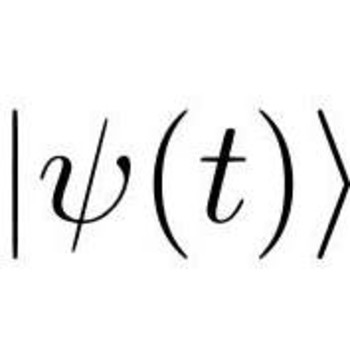A circuit with a resistance of #6 Omega# has a fuse that melts at #8 A#. Can a voltage of #42 V# be applied to the circuit without blowing the fuse?
1 Answer
Mar 11, 2018
Yes, it can be applied.
Explanation:
First, we need to find the voltage at which the fuse melts.
Thus, we use Ohm's law here, which states that
The fuse melts at
We get:
So, the fuse will melt at
Since
So, a voltage of

